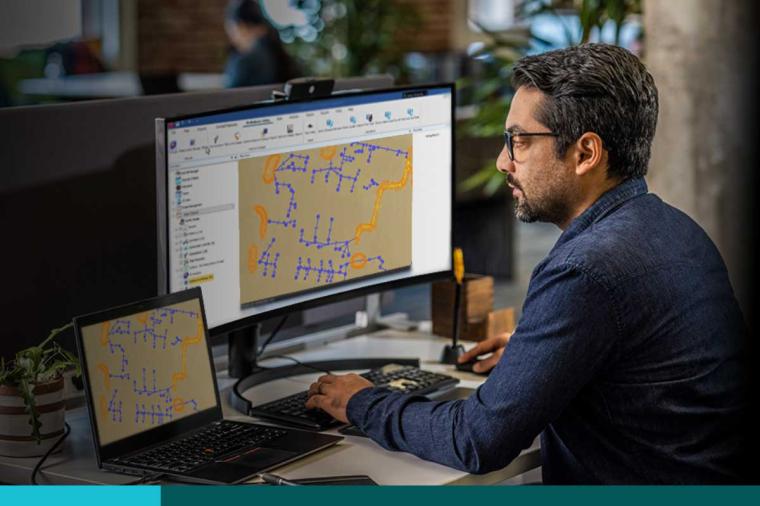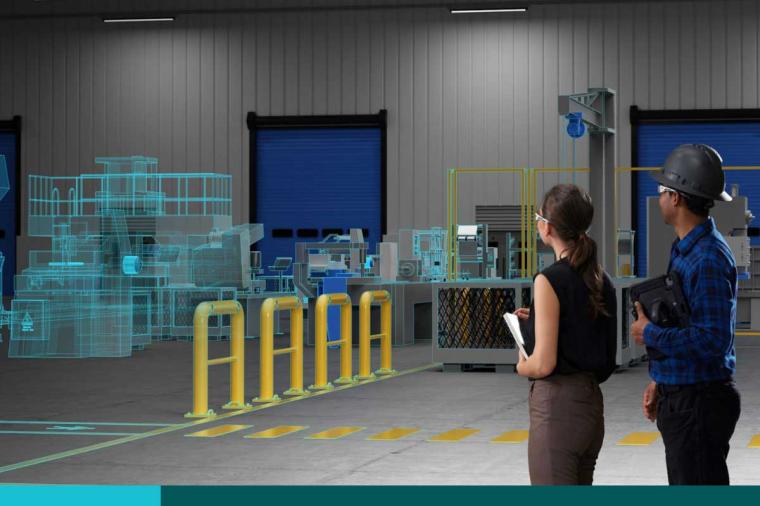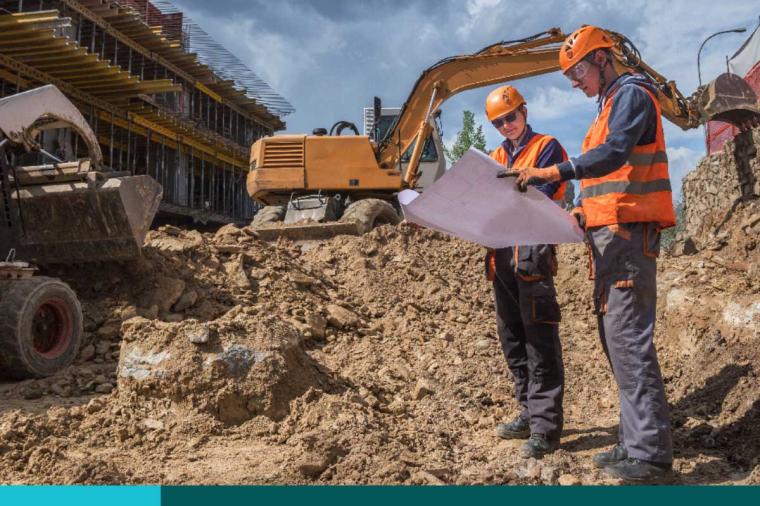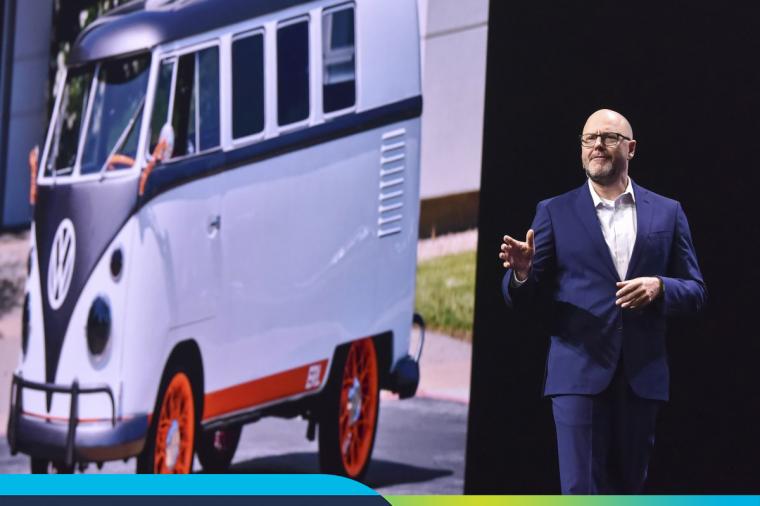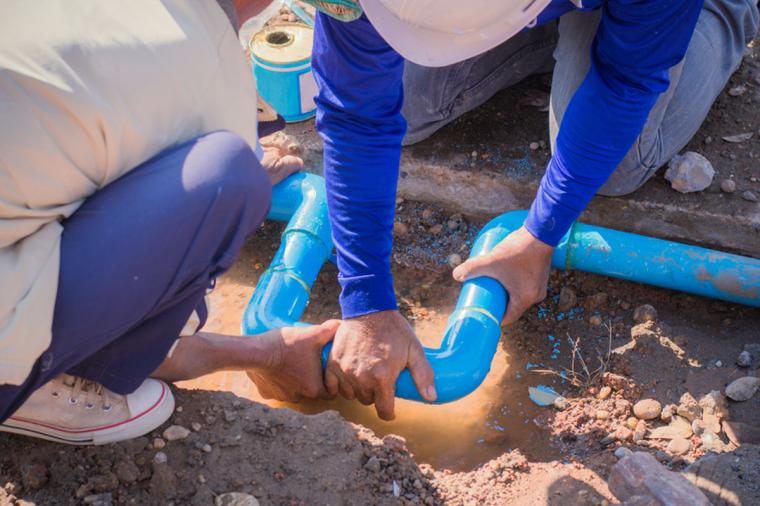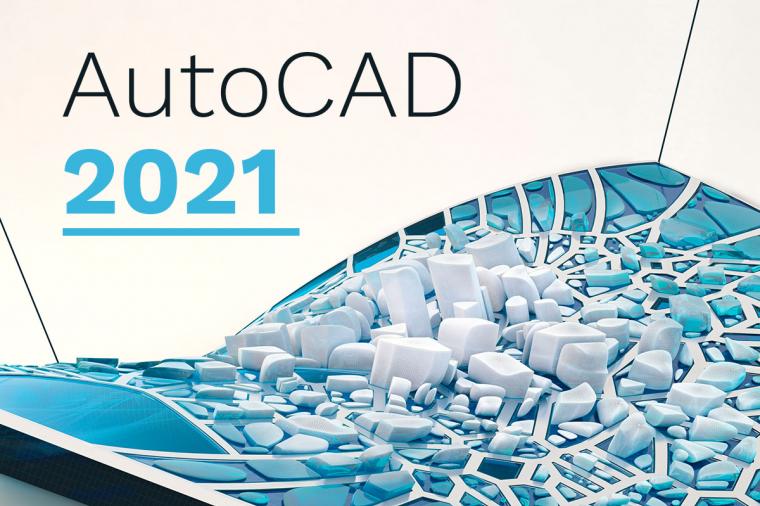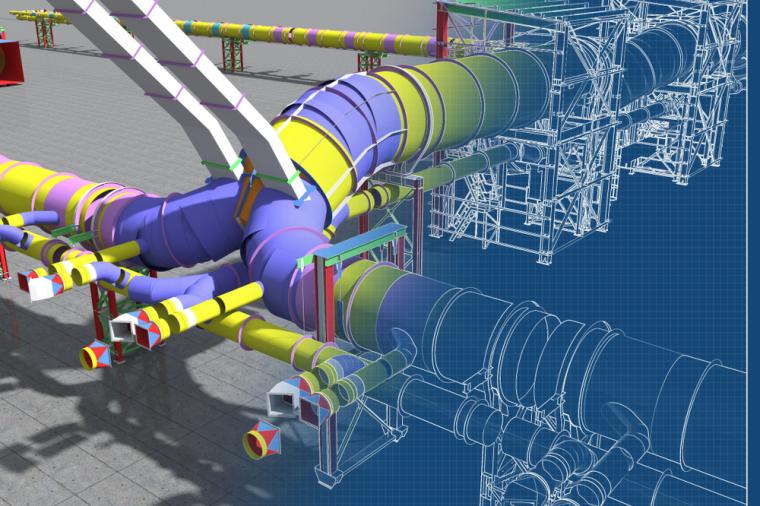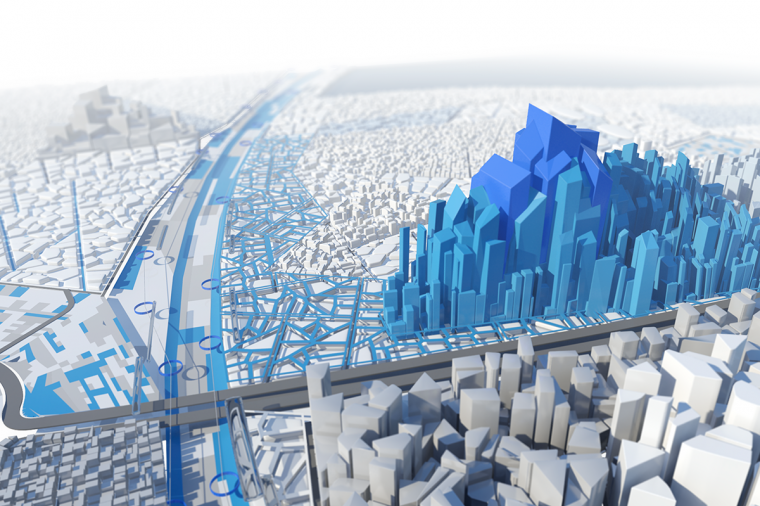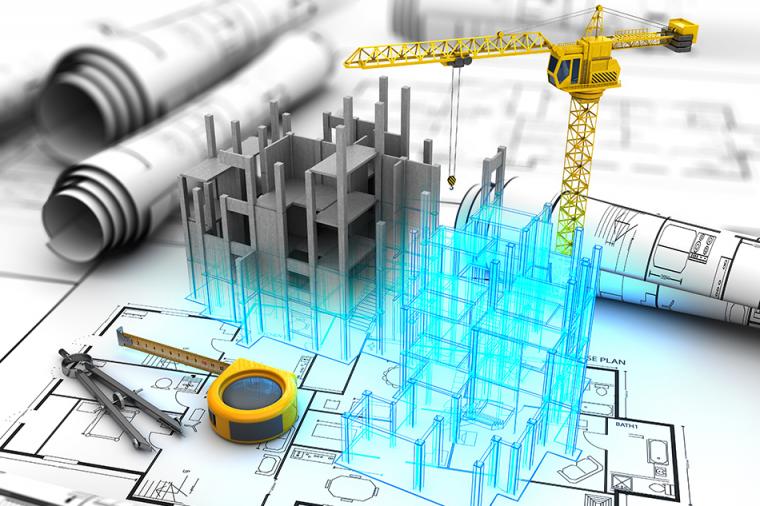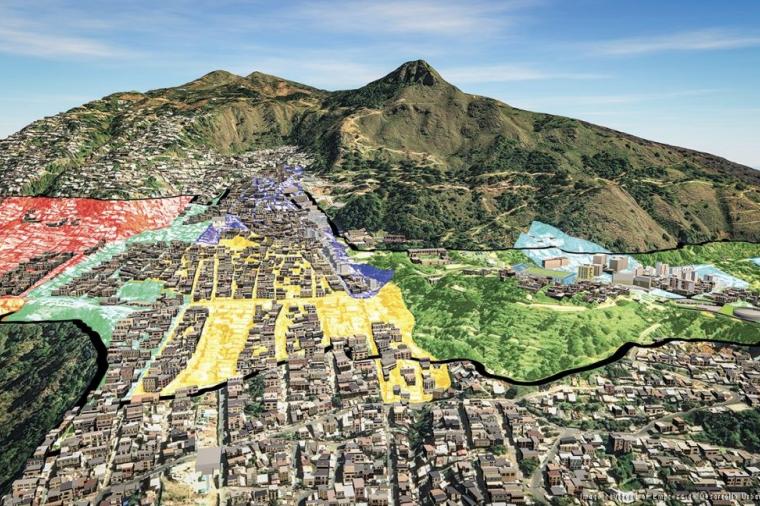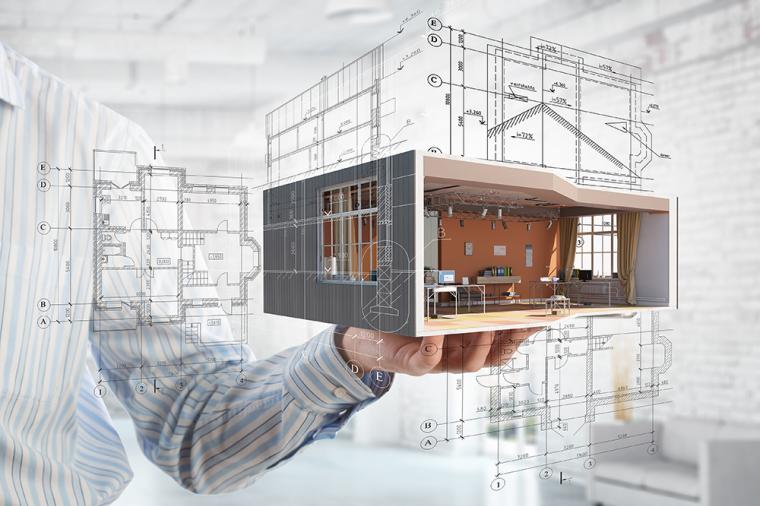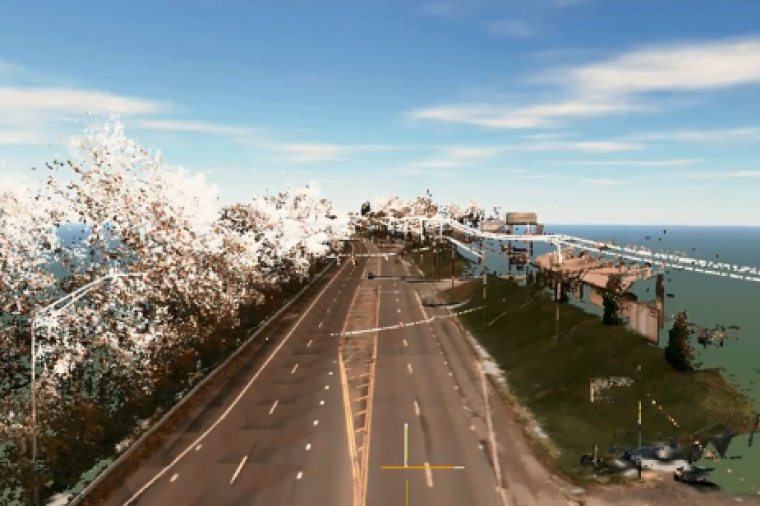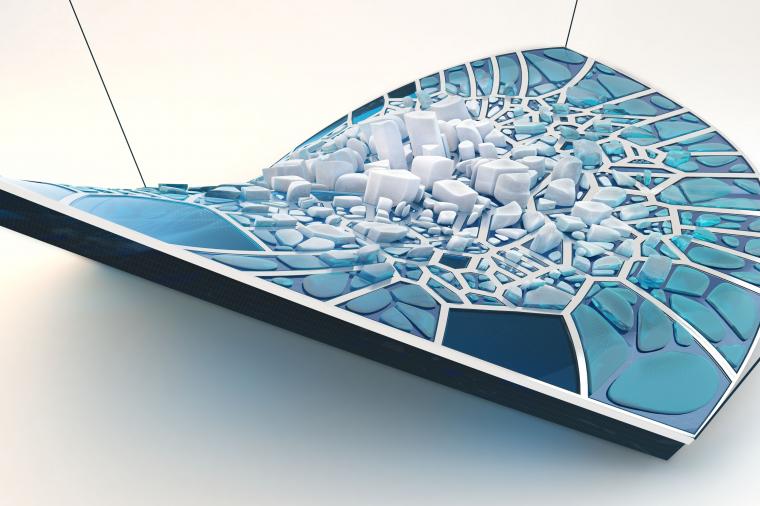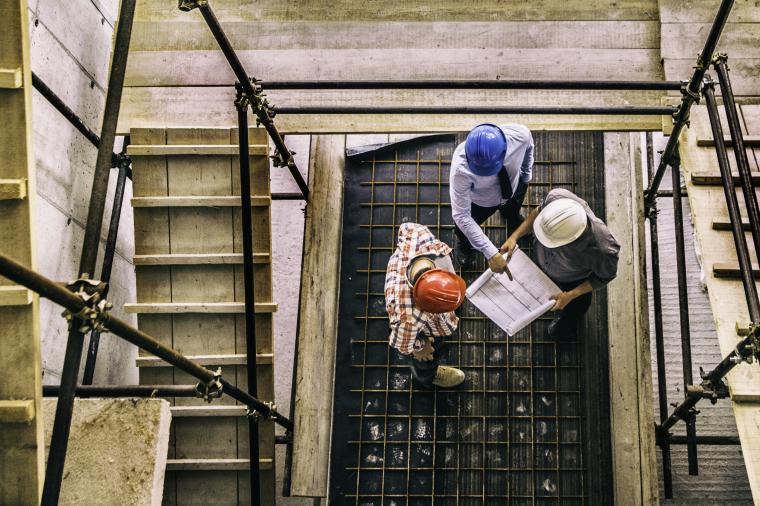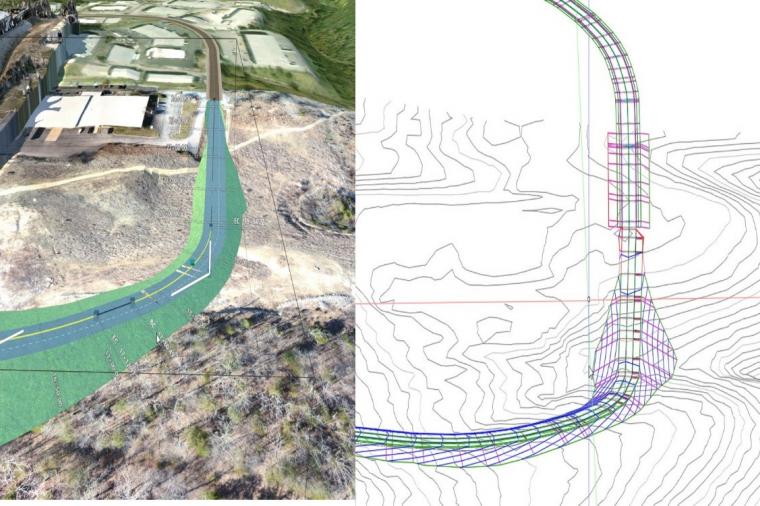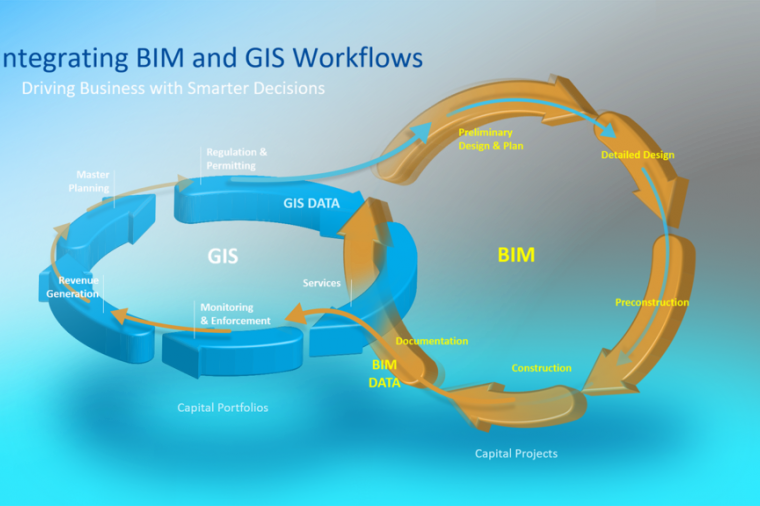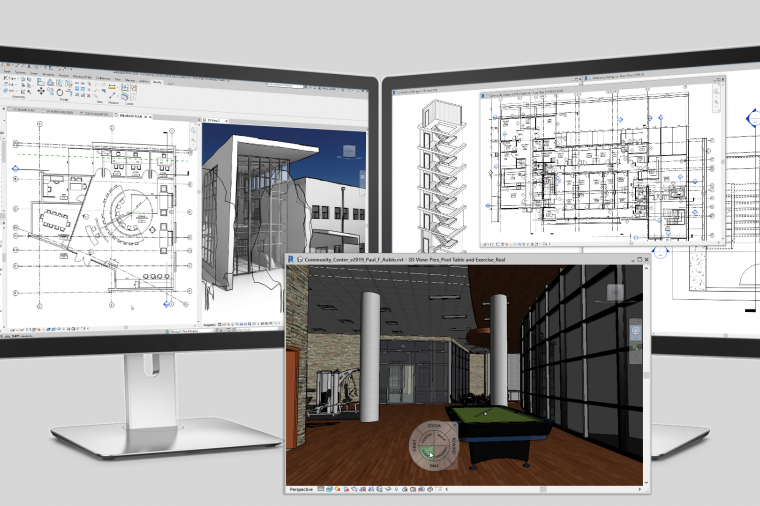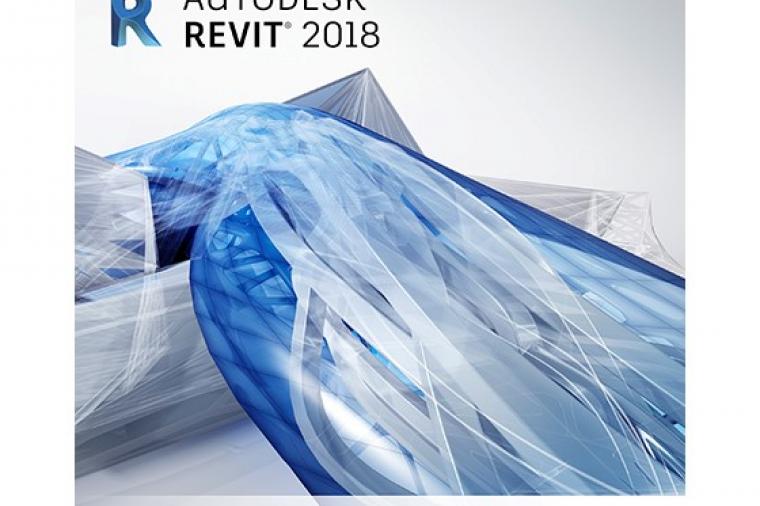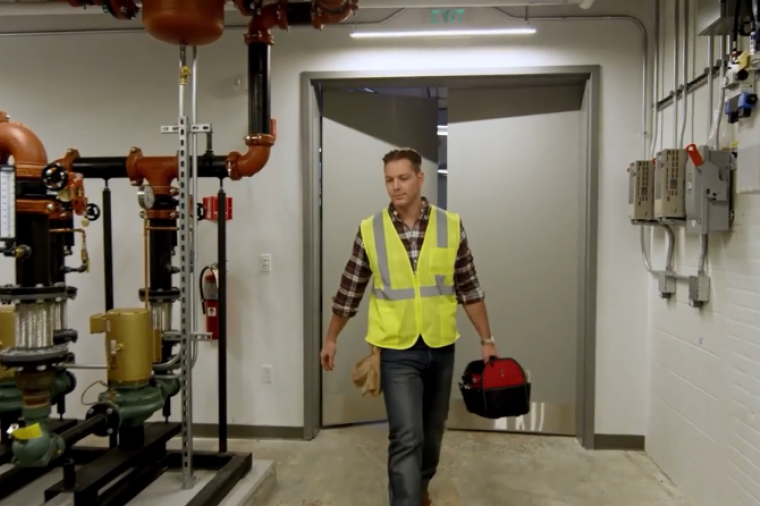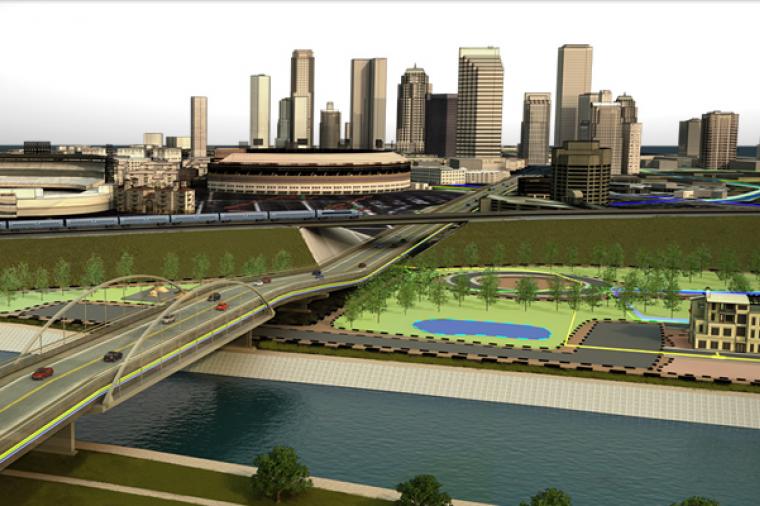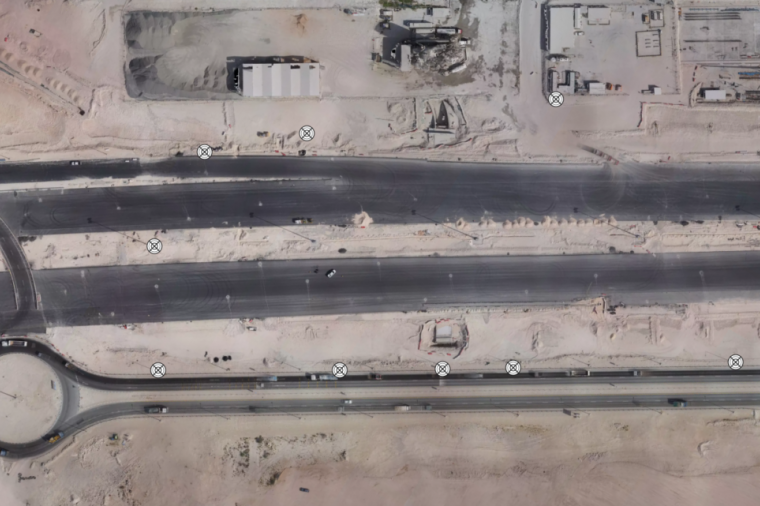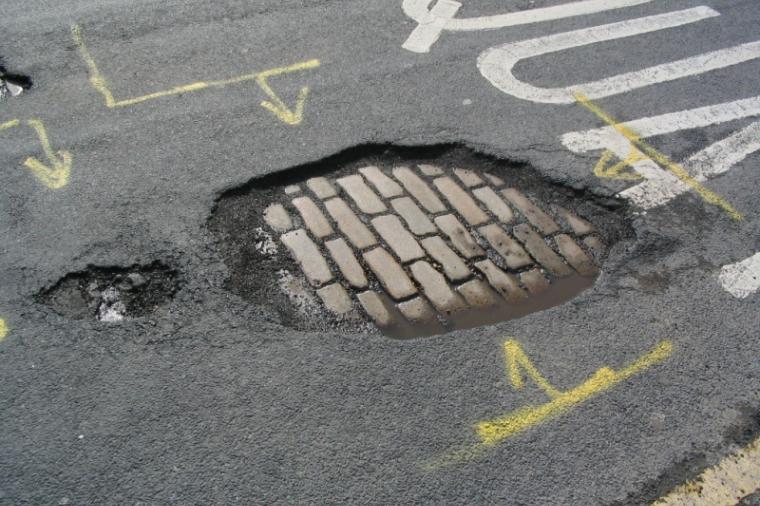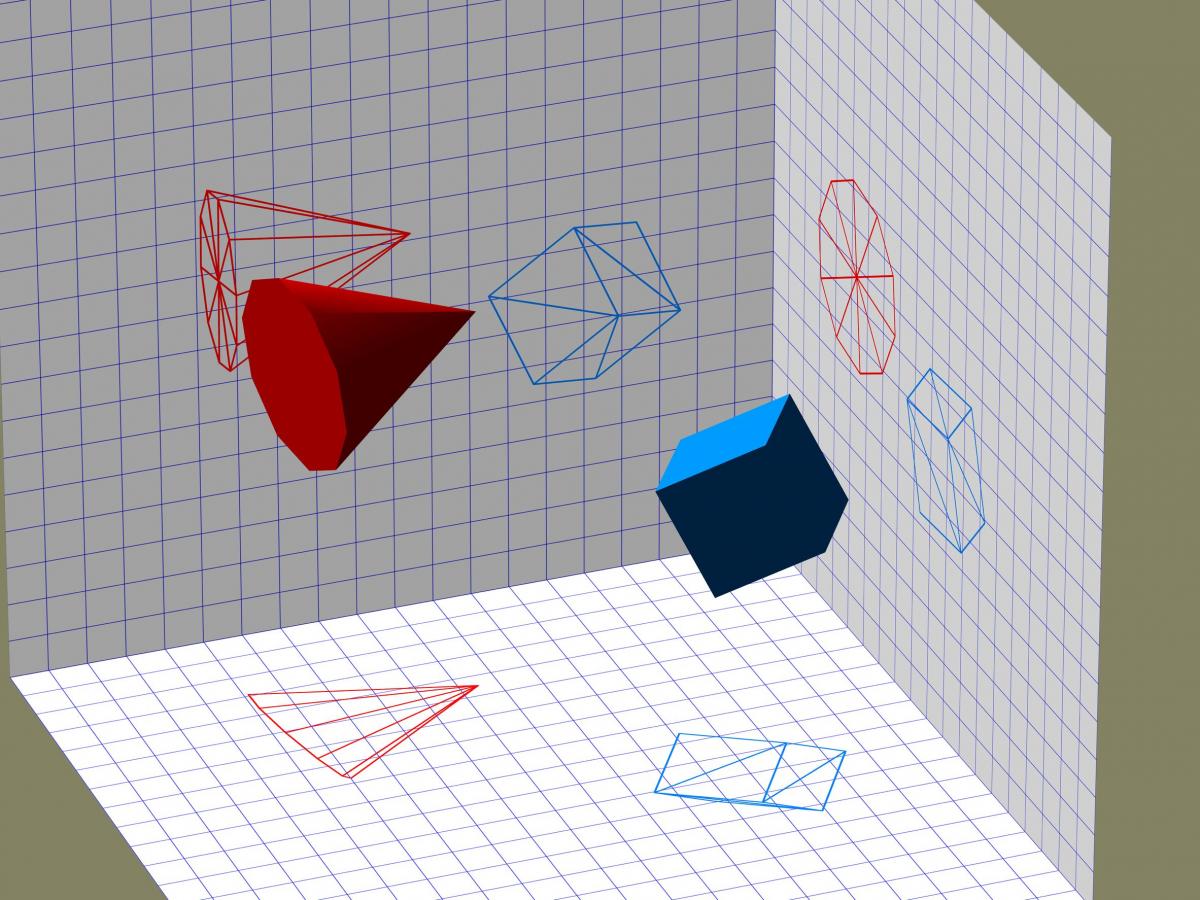
By Mark Lancaster, Synergis Engineering Design Solutions
Have you ever contacted a vendor requesting a 3D model of their product and you only received a 2D drawing of it? I will even bet the drawing you received had limited amount of information on it as well. So what steps did you take to convert their 2D drawing over to 3D?
Granted there are a few workflows out there to take 2D geometry and make a 3D model from it, but with the release of Inventor 2016, it just got easier. For example, let’s say you only have access to a 2D drawing file of a stainless steel barbed connector from McMASTER-CARR

First let’s start out by creating a new part in Inventor 2016. For my configuration, no new sketch is created when I start making a part.
- Next, select Import located under the 3D Model/Create ribbon section
![]()
- Navigate to and select (open) my 2D drawing
- At this point the drawing you’re importing should be placed somewhere in the active Inventor project area.
- Select on of the work planes to place the drawing
- Select the point (origin or 0,0) where the drawing will be inserted.
- This point will match the (0,0) location on the drawing
- Accept the message about the file not being saved and/or about the associated underlay that’s being created.

- The drawing should now appear on the work plane you selected earlier

- At this point the drawing may be inserted at the incorrect orientation and/or wrong scale.
- For the scaling aspect, I will cover that shortly.
- To reorient (if needed), right mouse click on the drawing in the browser and select Translate. From there I can use the rotate triad method and turn my drawing 90 degrees.


- Create a 2D sketch on the same work plane that was used when importing the drawing.

- Now we need to start projecting the drawing geometry that will make up our sketch. Select the drop down under Project Geometry and pick Project DWG Geometry

- Since I planned on making a revolved extrusion of this part, I will only project a certain amount of the 2D geometry. I’m also projecting the ends of the connector as construction lines in order to determine my axis of rotation.

- Next I will finish up my sketch by creating the missing geometry that will form the revolved extrusion.

- Now let’s revolve it and save the part file.

- If I check the overall length of my revolved extrusion, you will notice the scale of the imported drawing is not at a 1 to 1 scale. In order to change the drawing scale I will need to open the 2D drawing file directly in one of the AutoCAD platforms.

Although I’m using AutoCAD 2016, the drawing can be modified in any version of AutoCAD as long as it’s able to open it.
- I’ll scale the drawing based on the origin (0,0) point and the other thing I will do is move the entire drawing so one of the connector ends is setting at the drawing origin point.

- Save the drawing and exit AutoCAD.
- Now when I return back to Inventor, a red lightning bolt is present next to the (imported) drawing in the browser and the update icon is lit.

- Once I perform the update, the model is scaled down based on the updated drawing and the end of the part relocated and aligns with the origin plane/point.

- After a couple of additional modeling steps my barb connector is now completed.

- At this point I could turn the visibility of the drawing off and/or suppress (or break) the link to the (imported) drawing.

There you have it, a workflow that allows you to take 2D geometry and a 3D part from it. Until next time…
Mark L.

About the Author
Mark Lancaster is a Product Support Specialist with the Synergis Engineering Design Solutions Helpdesk team working to support customers to create data-rich designs and efficient workflows. Mark’s most previous experience is as the CAD Design Manager of Pall Corporation, one of our long time customers. In that position, he was responsible for workstation optimization and design management, established uniform standards for the local and global offices, and developed global systems to control and manage their design data.
This article was originally published on the Synergis Engineering Design Solutions blog and is re-published here with kind permission.
